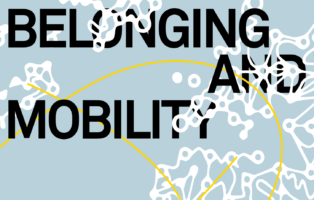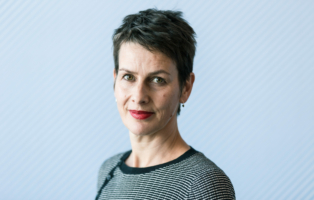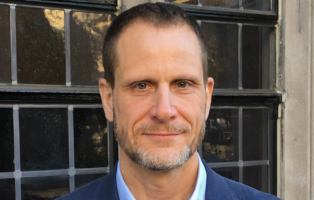
The Appeal of the Radical Right
In several democratic elections last year, radical right-wing populist movements have gained momentum, capturing the votes of working-class and minority communities. What has attracted voters to these political parties?
In the months after Donald Trump’s second presidential win, Democrats are asking themselves the uncomfortable question: how did we lose the working class vote? Republicans gained strong support from white workers in labour unions without a college degree, and also made significant gains among non-white Americans with similar education levels. Many left-leaning progressive political movements elsewhere, including in the Netherlands, are now engaged in a similar process of soul-searching as the radical right gains ground internationally.
Top scholars on the shift to the radical right
With cultural sociologists NIAS Fellow Michèle Lamont (Harvard University), Nissim Mizrachi (Tel Aviv University, Van Leer Institute), and Elisabeth Jane Topkara (Heidelberg University), we explore how marginalisation, stigma, and neoliberal society can turn people toward populist right-wing political parties.
What role does the need for belonging play in this electoral shift to the radical right? And what strategies can minority groups and their allies use to counter stigmatisation in a polarised society?
Panelists
Michèle Lamont is a Harvard University Professor of Sociology and of African and African American Studies and a fellow at the Netherlands Institute for Advanced Study (NIAS-KNAW). As a cultural sociologist, Lamont studies morality, group boundaries, and inequality and how we evaluate social worth across societies. In her most recent work, Seeing Others, Lamont argues that neoliberal values like self-reliance and competition have deepened divides by stigmatizing the working class, people of color, and LGBTQIA+ communities.
Nissim Mizrachi is a professor in the Department of Sociology and Anthropology at Tel Aviv University and head of the Challenge of Shared Life-cluster at the Van Leer Jerusalem Institute. In his work Beyond Suspicion: The Moral Clash Between Rootedness and Progressive Liberalism, Mizrachi challenges the dominance of the liberal-progressive perspective in understanding inclusion, and focuses on the moral tensions between rootedness and liberalism.
Elisabeth Jane Topkara is a fellow at the Max-Weber-Institute-for-Sociology at Heidelberg University. As a cultural sociologist, her research centers on the cultural construction and the contestation of borders and boundaries. Topkara studies how migration and pluralism shape contemporary societies, including the continued exclusions faced by Muslims in Europe; and the agency of Muslim and Jewish populaces to foster social change in Europe and the United States.
-

-

Summer School 15 August - 24 August 2024EventReligion, the radical right, and how to respond: analyzing for alternatives
-
 Fellow
FellowConny Roggeband
-
 Fellow
FellowPhilip Gorski